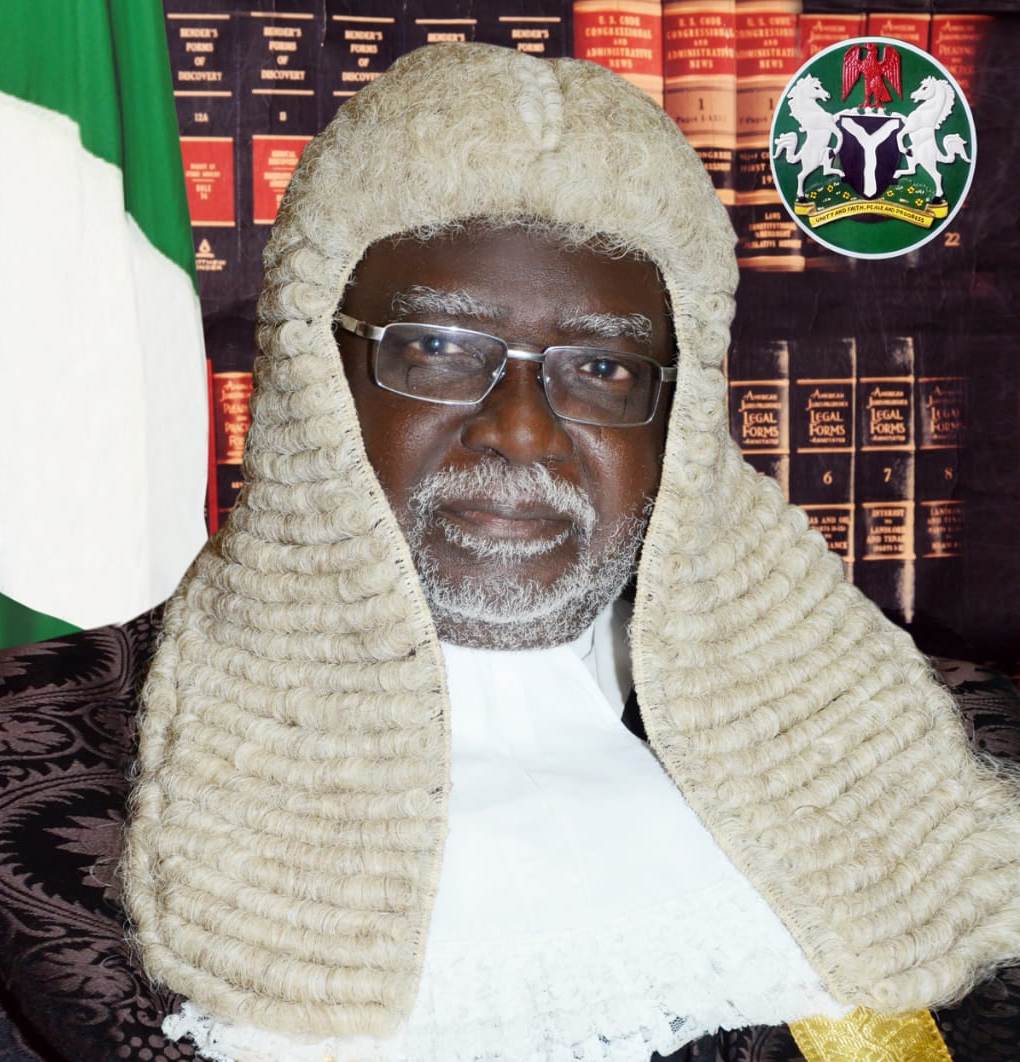Following the ruling of the Supreme Court of Nigeria that the Central Bank of Nigeria should suspend enforcement of the February 10 deadline for the swap of old notes to the new naira notes, a lot of Nigerians are puzzled on how the case could have been instituted directly at the Supreme Court instead of at the Federal High Court.
The court is regarded as the apex court of the country and the last point of appeal. So, how was it possible that some state governors were able to sue the federal government directly to the Supreme Court?
Our staff lawyer explains that the law vests the Supreme Court with original jurisdiction on limited instances defined by law. By virtue of section 232 (1) of the 1999 constitution and the Supreme Court (Additional Original Jurisdiction) Act 2002, the Supreme Court of Nigeria has original jurisdiction in the following 5 instances:
- Dispute between the Federation and a State
- Dispute between States
- Dispute between the National Assembly and the President
- Dispute between the National Assembly and any State House of Assembly
- Dispute between the National Assembly and a State of the Federation

However, it is still not a clear cut position under the law that the Supreme Court could make the order against CBN since CBN was not a party to the suit. Ordinarily, cases against CBN would have been commenced at the Federal High Court and not at the Supreme Court. A Senior Advocate of Nigeria, nevertheless, believes that it was justifiable for the Supreme Court to intervene on the new naira note issue on the basis of necessity.



